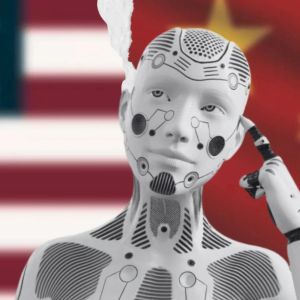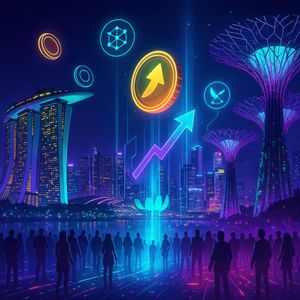China instructs its AI entrepreneurs and research experts to avoid travelling to the United States, citing security concerns. According to sources, Chinese authorities worry that their AI experts may inadvertently reveal sensitive information on the country’s economic progress while abroad. Additionally, Chinese authorities are concerned that their experts may be detained when they travel overseas or even used in negotiations between the US and China. During Trump’s first term, some of Huawei’s executives were detained in Canada at the US request, and China does not want a repeat of the same with its AI experts. China requires AI experts travelling abroad to detail their leaving and returning plans AI executives and even those from the robotics industry have been told not to travel to the US unless absolutely necessary. Then again, any AI executive wanting to travel abroad must report to authorities on their plans to leave and return, including details on what they did and who they met overseas. Source: ryanswansonlaw Key AI executives have already started changing their travel plans. Liang Weifang, the founder of DeepSeek, declined an invitation to an AI summit in Paris in February. Meanwhile, another major AI startup founder abruptly cancelled a planned US trip last year after receiving direct instructions from Beijing. However, China’s travel restrictions for its AI experts have cultivated uncertainty over future international collaborations , as the country now seems less interested in the global sharing of AI knowledge. The Chinese travel industry is worried other countries may impose visa and travel limitations on their nationals The Chinese travel sector has expressed concerns about the impact of the government’s travel restrictions. Some have cited that they could lead to fewer cross-border innovation and networking opportunities. At the same time, some suggested that other Western nations could impose travel restrictions on Chinese business entrepreneurs. The travel industry also worries that the government may continue interfering with international travel freedom for months. Some travellers believe the US could even impose visa limitations on Chinese AI experts or introduce strict export controls on AI-related technologies. With growing tensions between the two nations, any retaliatory measure could worsen their divide. In February, China implemented tariffs against the US, including a 15% tariff on coal and liquefied natural gas products and a 10% tariff on crude oil, agricultural machinery, and large-engine car imports. This, however, was a response to Donald Trump’s introduction of a 10% levy on all Chinese goods entering the US. Meanwhile, analysts fear Trump could raise tariffs to 60% as he had promised during his campaign trail, or at least threaten to implement them to gain a diplomatic advantage over Xi. However, a tariff rise could escalate tensions between the two nations and even lead to a full-blown trade war. For now, the country’s leading AI experts are treading carefully — skipping major international summits and facing tight travel reporting requirements. But this caution begs a broader question: Does restricting global engagement enhance China’s AI dreams, or will nationalism, by isolating its top talents, weigh down advancements? Cryptopolitan Academy: Want to grow your money in 2025? Learn how to do it with DeFi in our upcoming webclass. Save Your Spot















